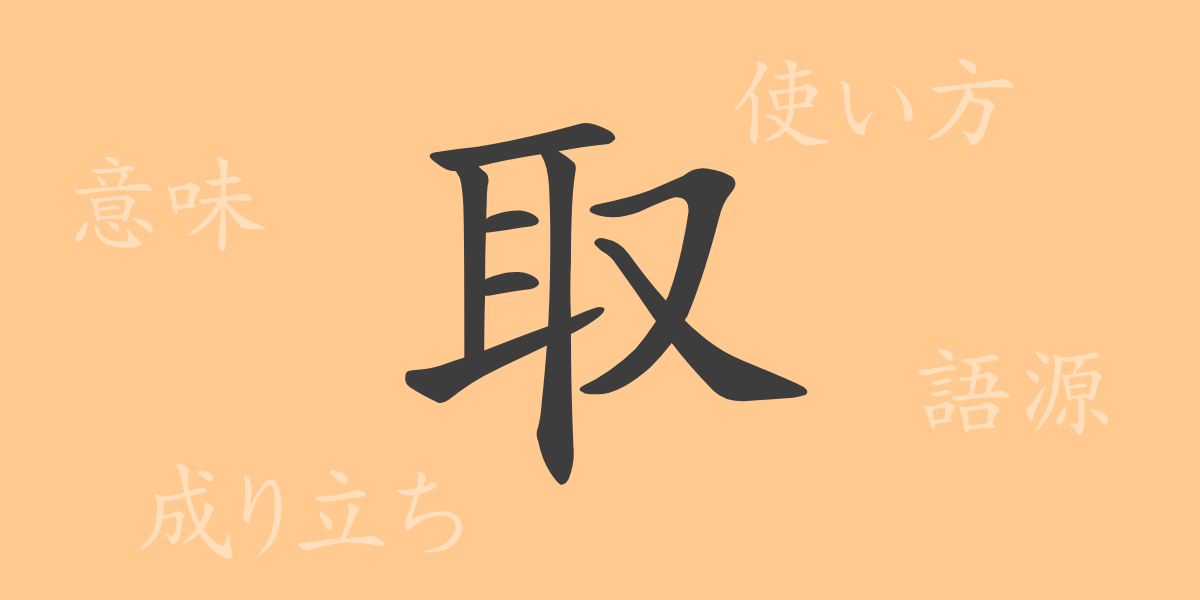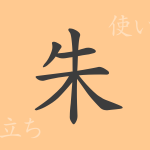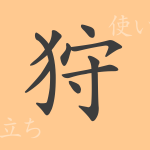Japanese contains numerous kanji, each with its unique history and meaning. “取(とる)” is one of the commonly used kanji in daily life, deeply intertwined with our actions and interactions. This article delves into the origins, uses, idioms, and expressions involving “取(とる),” uncovering its allure. Let’s explore the world of the kanji “取(とる)” together.
Origin of 取(とる) (Etymology)
The origin of the kanji “取(とる)” is ancient, symbolizing a hand grasping a cow’s horn. This imagery gave rise to the meaning of acquiring or grabbing something. Its roots can be traced back to ancient Chinese oracle bone script, indicating its long-standing relevance to people’s lives.
Meanings and Usage of 取(とる)
The kanji “取(とる)” primarily means “to acquire” or “to grab.” It also encompasses “to choose,” “to capture,” and “to receive.” In Japanese, it is frequently used as a verb in various expressions like “取る(とる)” (to take), “取り上げる(とりあげる)” (to take up), and “取り組む(とりくむ)” (to tackle).
Readings, Stroke Count, and Radical of 取(とる)
The kanji “取(とる)” has various readings in Japanese, mainly as follows:
- Readings: The on’yomi (音読み) is “シュ,” and the kun’yomi (訓読み) is “とる.”
- Stroke count: “取(とる)” consists of 9 strokes.
- Radical: The radical is 手部(てへん) (hand).
Idioms, Phrases, and Proverbs Using 取(とる)
There are numerous idioms, phrases, and proverbs in Japanese that include “取(とる).” Here are a few examples:
- 取り消す(とりけす) – To cancel an agreement or promise.
- 取り扱う(とりあつかう) – To handle goods or deal with issues.
- 取り繕う(とりつくろう) – To cover up flaws or mistakes.
- 取り立てる(とりたてる) – To collect debts or promote someone.
- 取り越し苦労(とりこしぐろう) – To worry unnecessarily.
These expressions demonstrate the rich expressive power of Japanese and the broad range of meanings a single kanji can encompass.
Conclusion on 取(とる)
The kanji “取(とる)” has been used in numerous words and expressions from its formation to the present day. Its role in Japanese is significant, making it an indispensable part of our communication. Through this article, you have deepened your understanding of the history, usage, and idioms related to “取(とる).” When you encounter “取(とる)” in daily life, remember its rich history and meanings.

























